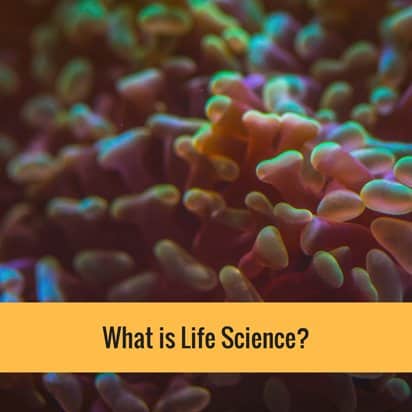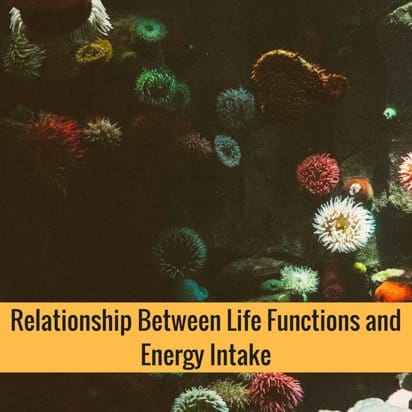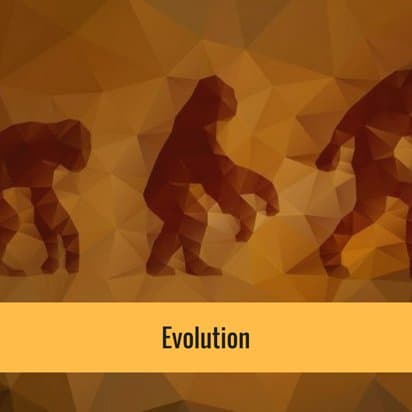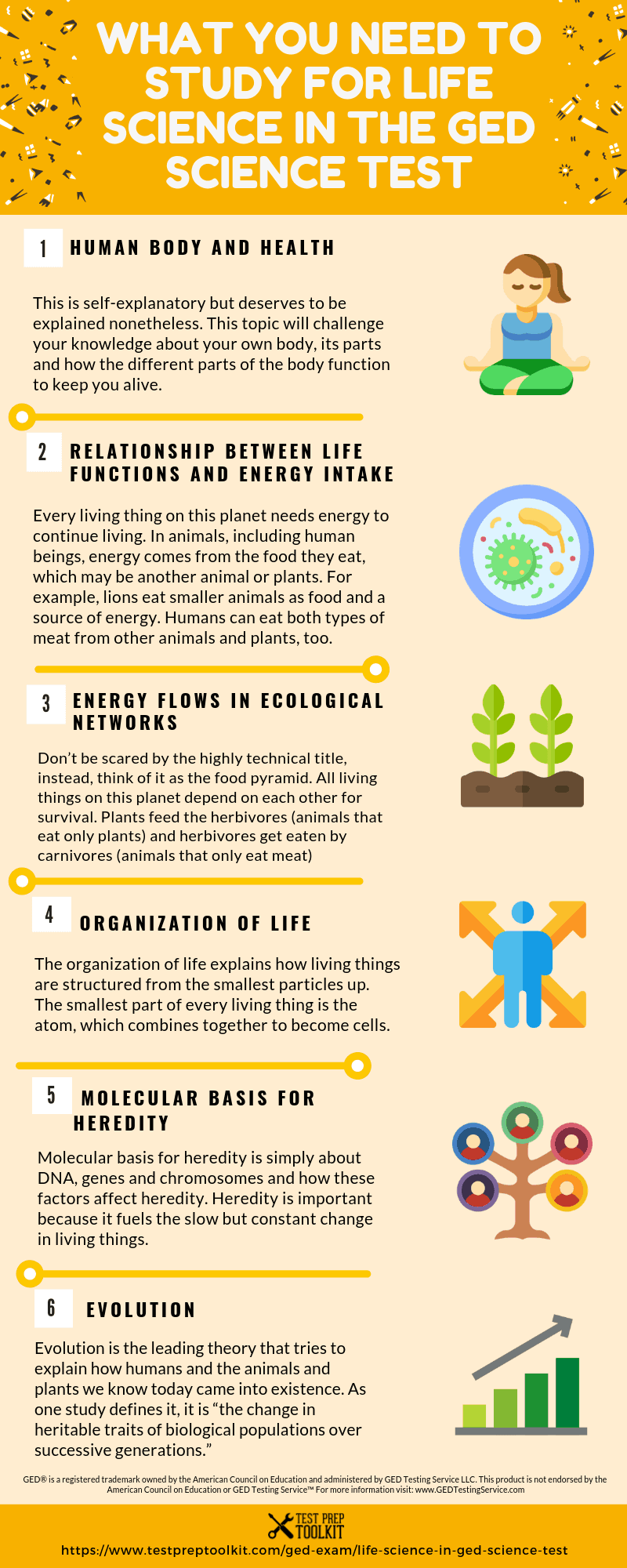Most people panic when they think about the GED science test. Science, after all, is a subject that deals with almost everything on this planet and beyond, from plants and animals to thermodynamics. Luckily, the GED test only includes three areas of science: physical science, life science, and earth and space science.
You don’t have to read all the science books in the library to study for the GED science test, you just need to focus on these three areas. Here is a quick guide for you before you start studying life sciences:
- What is Life Science?
- Human Body and Health
- Relationship Between Life Functions and Energy Intake
- Energy Flows in Ecological Networks
- Organization of Life
- Molecular Basis for Heredity
- Evolution
Visit our website: GED®Science Practice test
What is Life Science?

Life Science is a broad area of scientific knowledge that studies all forms of life, from the lowly bacteria to highly advanced organisms such as human beings. The aim of Life Science is not only to gain knowledge but also to use that knowledge to improve human life and condition.
Life Science is composed of many scientific disciplines with biology at its core. While life sciences itself is a broad body of knowledge, GED test only includes six topics: Human Body and Health, Relationship Between Life Functions and Energy Intake, Energy Flows in Ecologic Networks, Organization of Life, Molecular Basis of Heredity, and Evolution.
Related Topic: GED 101: 2021 GED Study Guide, GED Classes for GED Exam – 1 Stop GED Programs Guide
Human Body and Health
This is self-explanatory but deserves to be explained nonetheless. This topic will challenge your knowledge about your own body, its parts and how the different parts of the body function to keep you alive.
You have to familiarize yourself with the various vital organs like the heart, lungs, kidney and liver and what roles they play in the body. This part of the test will also include items that relate to human health, nutrients from food, medicines and current advances in medical science.
Check our GED Science Practice Test 1
Relationship Between Life Functions and Energy Intake

Every living thing on this planet needs energy to continue living. In animals, including human beings, energy comes from the food they eat, which may be another animal or plants.
For example, lions eat smaller animals as food and a source of energy. Humans can eat both types of meat from other animals and plants, too.
Plants, on the other hand, produce their own food through photosynthesis and produce a certain sugar to sustain their growth. In studying for this section of the Life Science test, familiarize yourself with the following terms:
- Cellular Respiration
- Photosynthesis
- Fermentation
- Respiration
Related Topic: GED Study Guide
Energy Flows in Ecological Networks
Don’t be scared by the highly technical title, instead, think of it as the food pyramid. All living things on this planet depend on each other for survival.
Plants feed the herbivores (animals that eat only plants) and herbivores get eaten by carnivores (animals that only eat meat), then when an animal dies without being eaten by another animal, it decomposes and enriches the soil with nutrients that are then used by another plant.
In the food chain, energy is also transferred when one species eats or consumes another. The energy from the plant gets transferred to the animal that eats it and ultimately the energy goes back to the soil and into the plant.
According to Jake Willhoite from Animal Dome, “in ecological networks, the transfer of energy from one trophic level to the next is remarkably inefficient, with only about 10% of the energy being passed on to the next level. This means that if a plant captures 100 units of energy from the sun, only about 10 units are transferred to the herbivore that eats the plant, and just 1 unit is transferred to the carnivore that eats the herbivore.”
This inefficiency is a key factor in shaping the structure of food webs and determining the abundance of different species within an ecosystem.
Start reviewing with our helpful contents: GED Science Practice Questions | GED Study Guide
Organization of Life
The organization of life explains how living things are structured from the smallest particles up. The smallest part of every living thing is the atom, which combines together to become cells.
These cells combine to become tissues like muscle tissue and fat tissue. Then the tissues combine further to create organs and the body structure. Then the body structure and organs combine to create a living animal.
Related Topic: Free GED Practice Tests
Molecular Basis for Heredity
Molecular basis for heredity is simply about DNA, genes and chromosomes and how these factors affect heredity. Heredity is important because it fuels the slow but constant change in living things.
Make yourself familiar with such terms such as genes, DNA, RNA, and chromosomes because these may come out in the exam.
Learn more: GED Practice Test for Science Exam
Evolution

Evolution is the leading theory that tries to explain how humans and the animals and plants we know today came into existence. As one study defines it, it is “the change in heritable traits of biological populations over successive generations.”
Surely, you have heard about evolution and how all living things started as single-celled organisms and slowly developed through millions of years.
Remember the name Charles Darwin because he was the first to come up with the theory.
You may have to memorize some of the ancestors of humans such as the homo habilis, homo erectus and many others. Studying evolution is fun and exciting.
When it comes to life sciences, memorizing facts is not enough, you have to understand the concepts and the theories. When studying this subject, adopt an attitude of curiosity because this subject explains a lot about you as a living organism and how you affect other living things on this planet and how they affect you, too.
Take notes while reviewing or listening to online GED classes. Test your knowledge by taking GED science practice tests.
Related Topics:
- GED Science Classes Online
- GED Practice Test for Science Exam
- GED Science Practice Test 1
- 7 Tips to Improve Your Reading Comprehension Skills for GED
- How to Fail-Proof Your GED Math Test
- GED Science Study Guide
- GED Social Studies Prep Guide
- GED Reasoning through Language Arts Guide
- Powerful GED Prep Tips and Material to Survive GED Test Anxiety: USA Test Prep for GED


